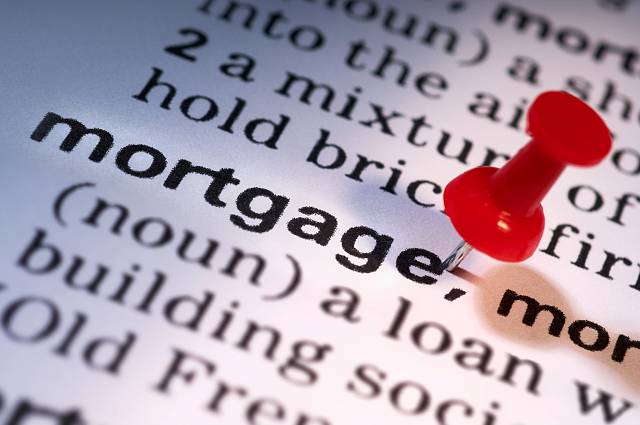Whilst recent changes to the stamp duty threshold has led to a growing number of people looking to make the most of the tax break and make a property purchase, there are a number of points to consider before applying for a mortgage.
Review your finances
For at least six months before you think about taking out a mortgage, you should ensure your finances are in check. You should not apply for too many credit cards or other loans within that period. Try to ensure you don’t have any missed payments on outstanding debts, including your overdraft before you think about applying for a mortgage. You want to look as financially responsible to the lender as possible.
Boost your credit score
Having a good credit score is nearly always essential for a bank to lend you the money for a mortgage at a low-interest rate. A strong credit score serves as evidence to lenders that you are likely to pay back debts. Being able to demonstrate you can regularly keep up with payments, such as mobile phone bills, is often a requirement by lenders. It is worth checking you are not linked financially to anyone with a poor score i.e. have a joint bank account with, and cut ties if you do as their activities could impact you. Whilst different lenders in the UK may use alternative combinations of factors to consider whether you’d be eligible for a mortgage, ensuring you have a good credit score is a good place to start.
Save your deposit
Most banks require a 10% minimum deposit on a home purchase, however, the more you can contribute to this, the better. The size of your deposit will impact the rates you’re offered and the amount you can borrow. Regular saving also looks good to lenders. It is also important to note that it is becoming increasingly apparent that lenders want proof that first-time buyers have managed to save most of their deposit individually and haven’t just relied on financial contributions from family. Financial responsibility can be proved with a good credit score.
Have a dependable income
Lenders are likely to take a close look at your employment status, income and history when you apply for a mortgage. They like to see a dependable and stable income, suitable to support your mortgage repayments so it is advisable to plan any job moves until after the process. This can make it slightly harder to get a mortgage for those who are self-employed as it can be trickier to prove a stable income. Lenders will also need to see proof of this income, so get a head start and gather your paperwork early. You may be asked for bank statements, your last P60 and proof of deposits, to name a few.
Register to vote
A simple but sometimes forgotten part of the mortgage approval process is registering to vote. Often lenders will use the electoral roll to check things such as names and addresses.
As with all major financial decisions, it is important to consult the relevant experts to ensure you are fully prepared. It is also worth being prepared for additional costs post-approval. When planning on buying a home, many only think of the monthly mortgage payments and the deposit however there are a number of additional costs that you need to consider.
From valuation, surveyor, legal and estate agents’ fees before the move, removal costs during the move and then potentially leaseholder fees, maintenance costs and regular bills once you have moved. Whilst some of these are one-off costs, others are a long-term commitment. Make sure you are aware of all the costs before you even consider taking out a mortgage to avoid any nasty surprises.






Leave a Comment